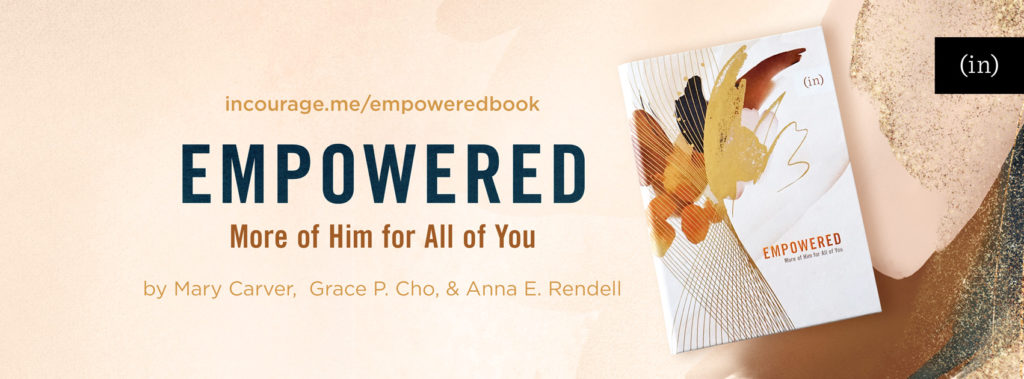So there I am, on the floor in my living room, watching the Magnolia Network because my best friend told me to. The candle is burning and popcorn kernels are bursting in a cast iron skillet on the stove. I snuggle up close to my son and we watch as this family turns a 1923 vintage mercantile store into their home.
The show starts with a DIY-blogger turned designer driving in a pastel pick-up truck on Old Highway 91. Her hair blows in the wind and, all the while, she tells the history of Southern Utah — how people would pass through on their way from California to Vegas in the 1920s.
The camera pans over views of Utah’s red cliffs, straight mountains, and vast desert. Then it unveils the mercantile store: exposed brick walls, wood-beamed ceiling, and wide windows. And, of course, I’m on the edge of my seat, because who doesn’t love a good restoration story? Who doesn’t love a good fixer upper, watching kitchens come to life and backyards become beautiful again?
The designer jokes with her husband, but is also sort of serious when she admits the anxiety she has over one wall that looks as if it’s going to crumble. She wants to preserve the imperfect, timeworn wall the way it is, she says, but she’s also concerned about making sure it’s secure and that the structure holds.
Intent on preserving this bit of wall, she and her husband set out to find some man who knows and understands adobe — bricks made from mere mud. They meet the man and he shows them his built-by-hand home, constructed with adobe bricks that he made from his own land. Then the man visits them at the mercantile store, dirt and water and wheelbarrow in tow.
They show the man a crack along the length of the wall, telling him of their fear and how the crack looks as though it might cause the wall to fall apart. What he says to them gives me chills, even now. I don’t ever think I will forget this.
“It’s a major crack…but it’s a minor detail,” says the man. Then he points out a small hole in the wall and compares it to the long crack.
“This hole is a bigger problem than that crack?” the woman asks.
“Oh definitely,” he says, matter-of-factly, while wetting and filling the crack with mud. He eases their minds with this simple solution, all the while calling this imperfect, patched up wall an ever-changing process, an art.
I am not sure how much popcorn was left in my bowl at that point, but I do remember my heart bursting to life at the thought of all the implications of this adobe building turned home. There were all the ways in which this message was for me — not merely for my dream of someday restoring an actual fixer upper, but for the truth that I, in the here and now, am that fixer upper.
I am that imperfect, timeworn adobe building with gaping cracks. I am ever fractured and ever in need of fixing and filling. Maybe . . . you, too?
Do you ever feel like your cracks are wide and magnified — in your heart, in your skin, in your spine, in your brain? The relationship that fractured or the bones that bruised when you fell on them for the third time in four months (true story). Ever feel like you’re the one harboring and hiding the fearful thought that you’ll one day crumble? Ever fear your feeble frame might break under the weight of burdens? The cracks with trauma trickling through, that medical crisis that won’t quiet, the bills that overwhelm.
Maybe the cracks have been there for years, for decades. Maybe they’ve been boarded up and covered in hopes of keeping them from being exposed. Maybe the cracks have come rather suddenly, seemingly out of nowhere. Maybe they’ve split from the strain of another’s situation. Maybe they’ve fractured under self-imposed pressure.
However long they’ve been there, however deep and wide and long the cracks are, Jesus isn’t threatened. He is not afraid to stand beside our broken walls. He isn’t worried about the cracks caving in. He stands with us, so matter-of-factly, taking mixtures of mud to heal the cracks in our minds, our bodies, our families, our faith.
If I’m honest, I really do feel like that mercantile store with it’s impossible walls wanting to be a home. And I want to hear Jesus say of my broken places: It’s a major crack…but it’s a minor detail.
I want Him to shift my perspective from the things that are imperfect and weak within me to the real places of concern, the places in my heart where faith and hope and grace are lacking.
“This hole is a bigger problem than that crack?” I ask Jesus. This hole in my heart — where I house unbelief and fear — is bigger than the cracks, these fissures that you can fix with mere mud?
“Oh definitely,” I hear Jesus say. I hear Him say to me, to all of us:
Your cracks will not kill you. Though they are big and scary, I can mend them with mud. I am your help and I am healing your every worry and wound. You are an ever-changing work of art — every fracture and fault line, every crevice and crack. Believe in Me. Trust in Me. Look to Me. Lean on Me. I am your maker. And I am your mender. I am your strength. I will sustain you.
“Even to your old age and gray hairs. I am he, I am he who will sustain you. I have made you and I will carry you; I will sustain you and I will rescue you.”
Isaiah 46:4 (NIV)



